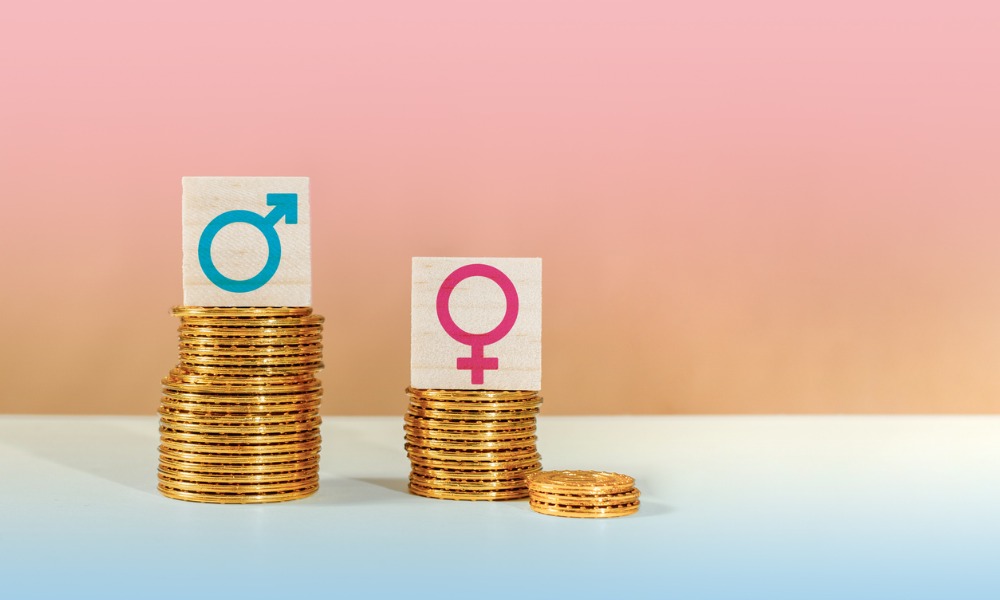
Spain, Japan also vow to hike efforts to reach 'bold and ambitious' target

Chile and Turkey have announced their decision to join the growing members of the Equal Pay International Coalition (EPIC), a global initiative aimed at closing the gender pay gap worldwide.
The addition of the two countries brings the total governments that have joined EPIC to 27, and 63 members overall. Other members of the coalition include employers' and workers' organisations, international bodies, academia, and civil society.
Spain, which is already a member of the coalition, and Japan have also pledged to increase their efforts to do more to support EPIC's target.
The coalition's goal is to achieve Target 8.5 of the United Nations Sustainable Development Goals, which calls equal pay for work of equal value by 2030.
According to EPIC, Target 8.5 is "bold and ambitious and requires an equally bold and ambitious partnership to meet it."
"EPIC was founded on the recognition that no single actor can solve this challenge alone and that progress can only be accelerated through cooperation and collaboration between a diverse range of stakeholders," EPIC said on its website.
"By joining the Coalition, stakeholders demonstrate their commitment to achieving Target 8.5 and gain access to an invaluable network of support and expertise as they work to achieve equal pay and reduce gender pay gaps in their country or region."
Chile and Turkey made the commitment to EPIC during the coalition's event in Brazil in July, which was conducted in collaboration with the Brazilian Ministry of Labour and Employment.
The event was held on the sidelines of the of July's G20 meetings in Brazil, which currently holds the presidency of the G20.
Chidi King, chief of the International Labour Organisation's (ILO) Gender, Equality, Diversity, and Inclusion Branch, said equal pay remains an elusive goal despite significant progress in gender equality policies and actions.
"Around the world, women earn less than 80 cents for every dollar that men earn. For women with children, women of colour, women refugees and migrants, women with disabilities, indigenous women, and many others, especially those in the informal economy, that figure is even lower," King said during the EPIC event.
"It is for these reasons that, over recent years, many countries have introduced new legislation with the aim of closing the gender pay gap. However, despite these efforts, no country has yet managed to achieve this goal in its entirety."
Celeste Drake, ILO Deputy Director-General, noted that the world holds the responsibility to close the gender pay gap.
"We have a collective responsibility to close the gender pay gap: to make it visible, measure it, find innovative and practical solutions to address it, and accelerate progress towards the Sustainable Development Goal Target 8.5," Drake said.